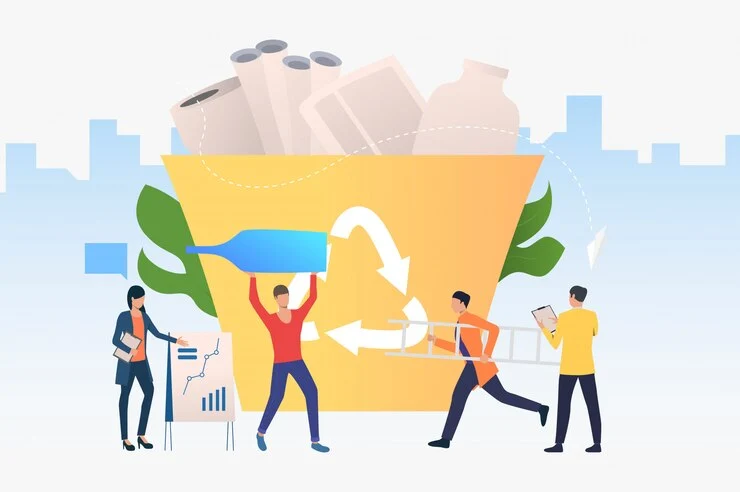- 100% Delivery on Commitment
- Expert technical Domain
- Fairly Priced Services
- Happy Clients
Dedicated Team
We assign a dedicated Operations personnel to your project for clear communication.
Download our Corporate Brochure for 2024.
Download PDFWe assign a dedicated Operations personnel to your project for clear communication.
We conduct an extensive assessment of your project before taking it up to present a complete situational report


Environmental rules and regulations that require an industry or a project to obtain EPR Permission?
All industries that generate waste must obtain EPR authorisation from the State Pollution Control Board or the Central Pollution Control Board, as scheduled in the following rules:
EPR authorisation is important because it helps to protect the environment and public health from the harmful effects of waste.
The EPR registration process ensures that industries are disposing of their waste safely and responsibly.
Why Choose Northern Ridge For Pollution Control Board authorisation?
Frequently Asked Questions
Extended Producer Responsibility (EPR) is a permit that industries need to obtain to generate, manage, and dispose of waste in an environmentally sound manner.
30 to 90 days.
EPR authorisation is required for all industries that generate hazardous, electronic, biomedical, plastic, or other waste types that are defined in the Environment Protection Act 1986 and its rules.